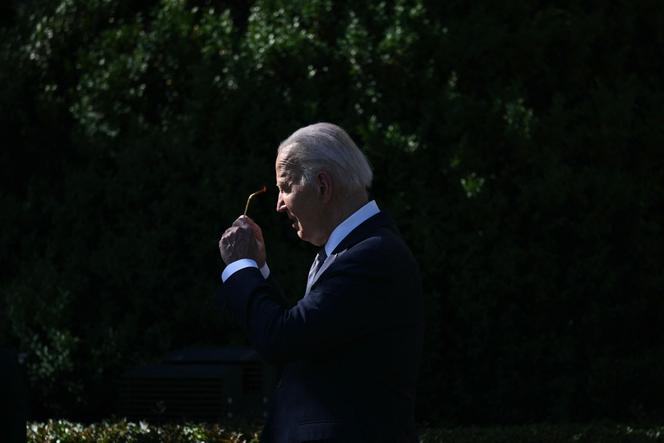
It’s impossible to overstate just how devastating ideological biases can be when confronted with a reality that contradicts them. Those biases lead to the destruction of that all-too-human reality that dares to challenge them. When the United States is involved, the disaster is then on the same scale as the unparalleled power it can mobilize in the Middle East. George W. Bush, in the name of his “global war on terrorism,” launched the catastrophic invasion of Iraq in 2003. Instead of the democracy that neoconservative ideologues had prophesied, it was the jihadist monster that flourished on such a field of ruins, first with the Iraqi branch of al-Qaida, and then with the Islamic State organization.
Joe Biden, one of the few Democratic senators to have actively supported the invasion of Iraq, took charge of the issue in 2009 as Barack Obama’s vice president. He steadfastly followed a consistently ideological approach to counter-terrorism which, despite its repeated failures on the Iraqi ground, now constitutes the intellectual and operational framework for American involvement in Gaza.
Former Trump adviser at the helm
The current US president appointed Brett McGurk as the National Security Council coordinator for North Africa and the Middle East as soon as he took office in January 2021. The former adviser to Donald Trump is neither a career diplomat nor a specialist in the region, which he learned about in Baghdad in 2004, during the “war on terror.” His narrowly security-focused approach prevented him from being appointed ambassador to Iraq in 2012, but meant that three years later he became Obama’s special envoy to the US-led coalition against IS, first in Iraq, then in Syria.
He was retained in this position by Trump, who appreciated both his pugnacity and his relative disdain for civilian victims. These were indeed minimized, in the name of a strictly anti-terrorist logic, to no more than “collateral damage” in the merciless battles waged to crush the jihadist strongholds of Mosul, in Iraq, then Raqqa, in Syria in 2017. Each time, the White House announced the “liberation” of what were fields of ruins.
McGurk resigned with fanfare in December 2018, condemning Trump for his eventually unfulfilled desire to withdraw US troops from Syria. The public controversy opened McGurk’s doors to the Biden administration, where he has persisted in his purely security-based vision. The only lesson he drew from the Iraq disaster was that it was better to use private security companies than to expose American military personnel.
You have 54.41% of this article left to read. The rest is for subscribers only.